Buying a pickup truck so that you can carry cargo requires you to be aware of several pieces of information. While fuel economy and in-cabin conveniences are important considerations, you realize that there are structural specs that you'll require in a pickup truck. How much can it carry? How much can it tow? What bed dimension options are available?
The dimensions of a pickup truck's bed depend on the style of bed that you choose. Pickup trucks are available with three bed styles, which we've broken down here:
- Long bed pickup trucks have a bed length of 84" to 96", depending on the make and model truck.
- Standard bed pickup trucks have an average bed length of 70."
- Short bed pickup trucks have a bed length that will range from 58" to 66"
Now that we know what the bed lengths of different pickup trucks are, we'll further explore other specs of these vehicles. We've researched pickup trucks' specs at great length and have provided our findings to you throughout this post. Does the bed length affect payload capacity? How wide is a pickup truck's bed? What happens if I overload my pickup truck? To find out the answers to these questions and more, read ahead in this post.
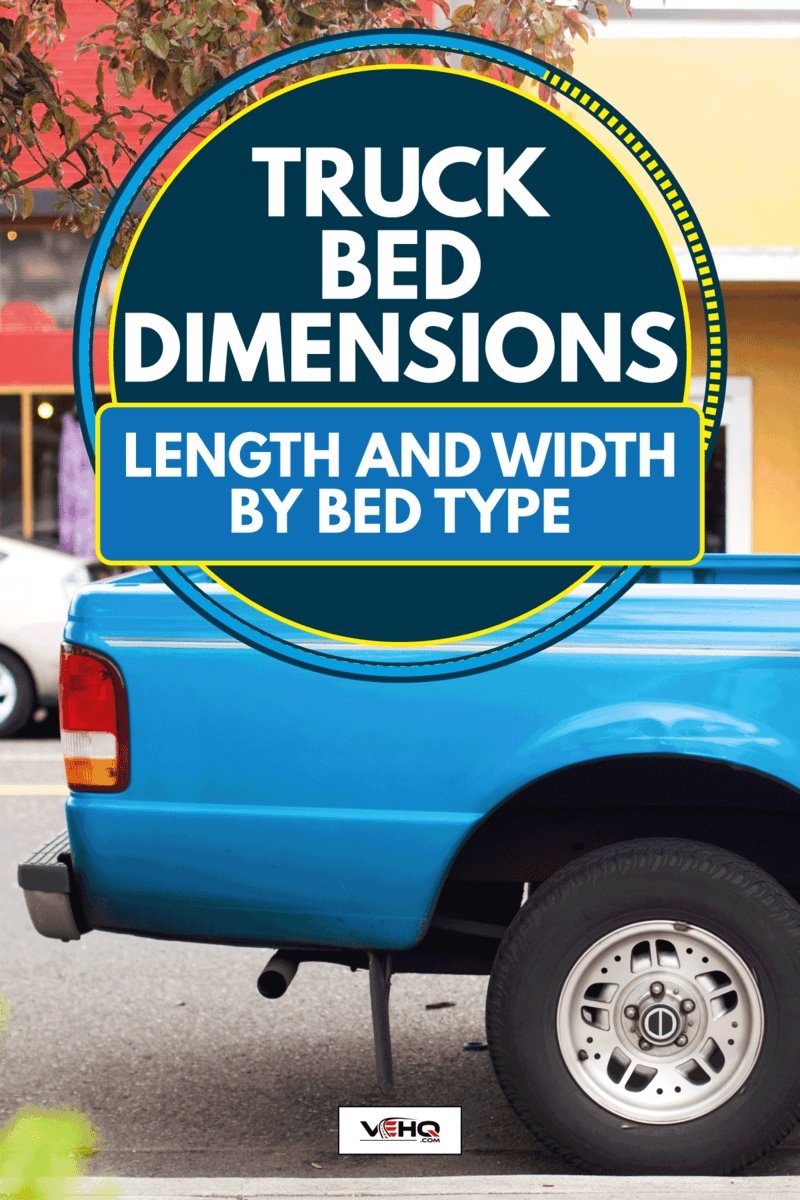
Does bed length affect payload capacity?
Before you ever start loading cargo into the bed of your pickup truck, you'll need to know what its payload capacity is. For those that might not be aware, payload capacity refers to the maximum weight a vehicle can carry safely. This weight is the amount in addition to its curb weight (what the vehicle weighs when it's empty of cargo and passengers). The payload includes ALL additional weight, so that includes not just what you have in the bed of the pickup but also the combined weight of the people riding in the cab.
Later in this post, we'll discuss what will happen if you overload the pickup truck's payload capacity. For now, we'll look at the average payload a pickup truck can carry, based on bed length.
Long bed pickup trucks
All other factors considered equal; the long bed pickup trucks can carry the most weight on board. The longer the bed, the more the weight can be distributed, relieving the shocks and frame. These larger trucks can carry up to 3,500 pounds of payload, on average.
Standard bed pickup trucks
Standard bed trucks average about a foot shorter than their long bed counterparts. This difference in length affects the payload capacity, making this style average 2,500 pounds.
Short bed pickup trucks
The shorter the bed, the less the maximum payload capacity. The smallest bed pickup trucks average around 1,500 pounds payload capacity. Most fall into the "light duty" truck category, which will be discussed more below.
Light Duty vs. Heavy Duty
Pickup trucks are generally classified into one of two categories; light duty trucks and heavy duty trucks. Let's look at the differences between the two of them and see some examples of each.
Light duty trucks
This classification of trucks includes all trucks with a gross vehicle weight of up to 8,500 pounds and a maximum payload capacity of up to 4,000 pounds. These trucks are built on smaller frames and have smaller engines under their hoods. They tend to have only one row of seating in the cab and have shorter bed lengths. Popular examples of light duty trucks available today are the Honda Ridgeline, the Ford Ranger, and the Toyota Tacoma.
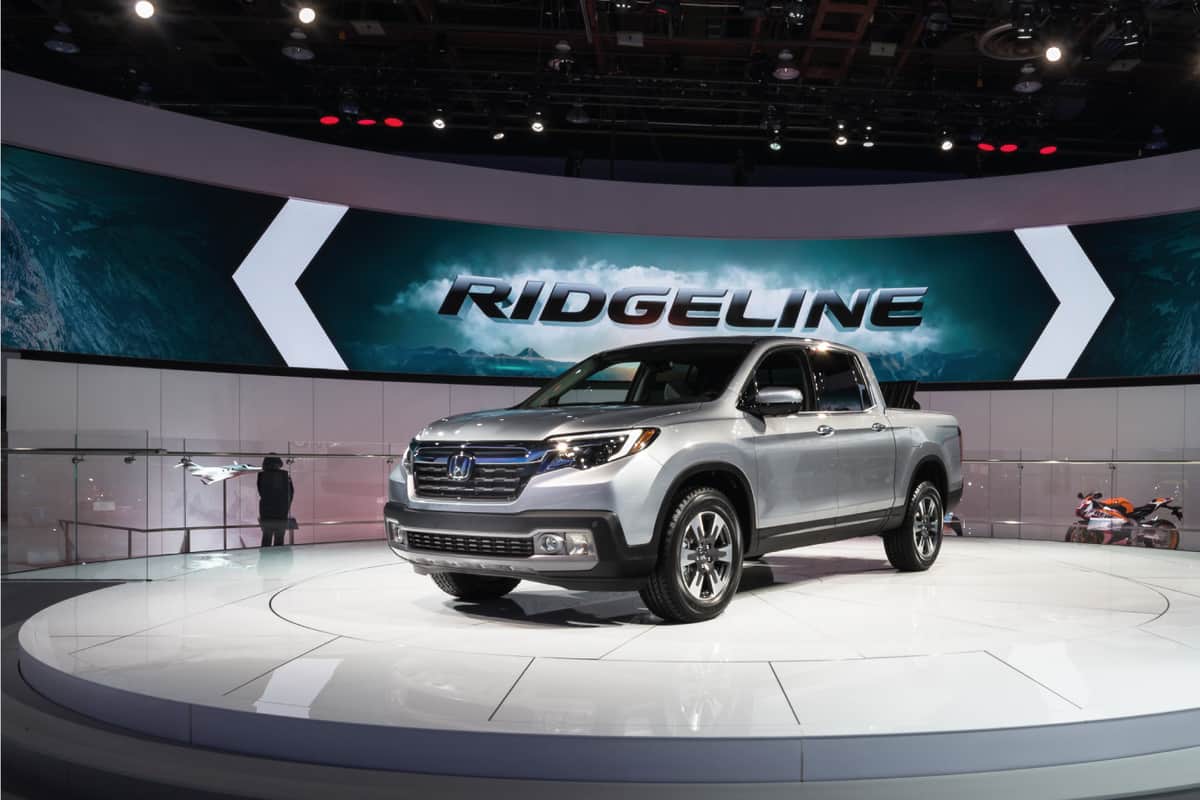
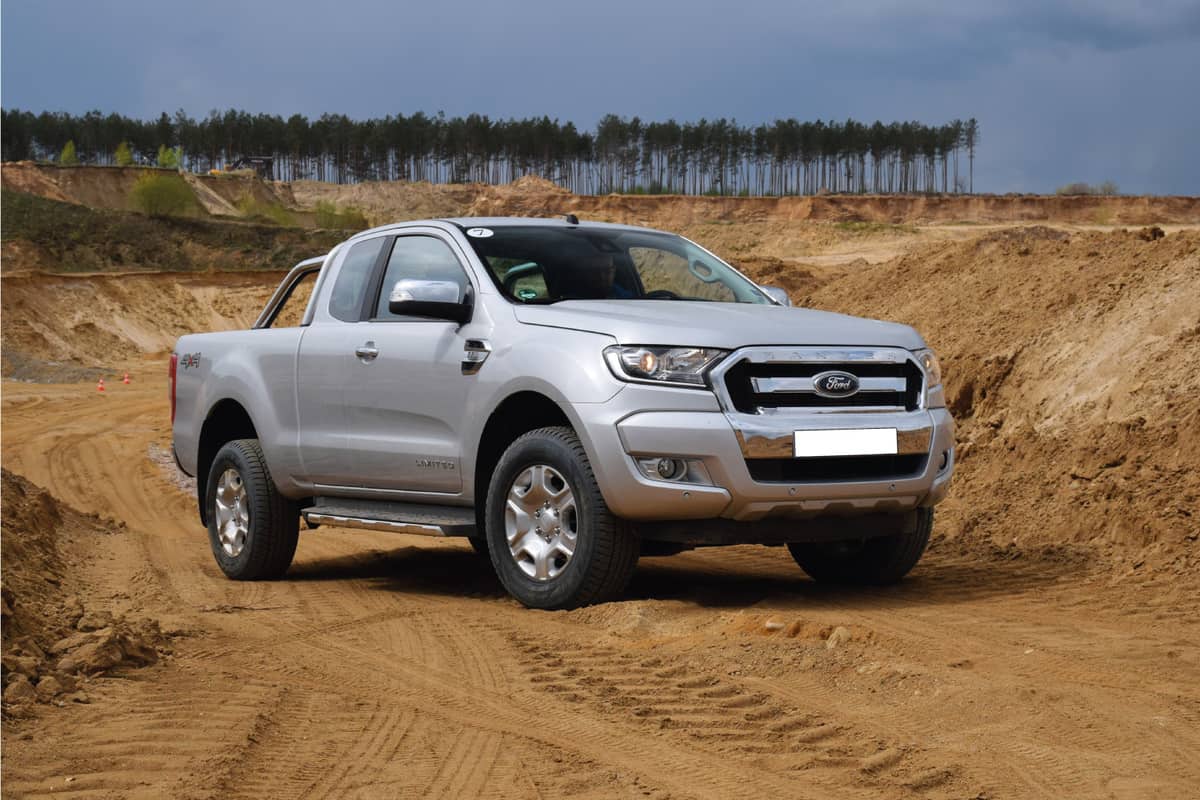
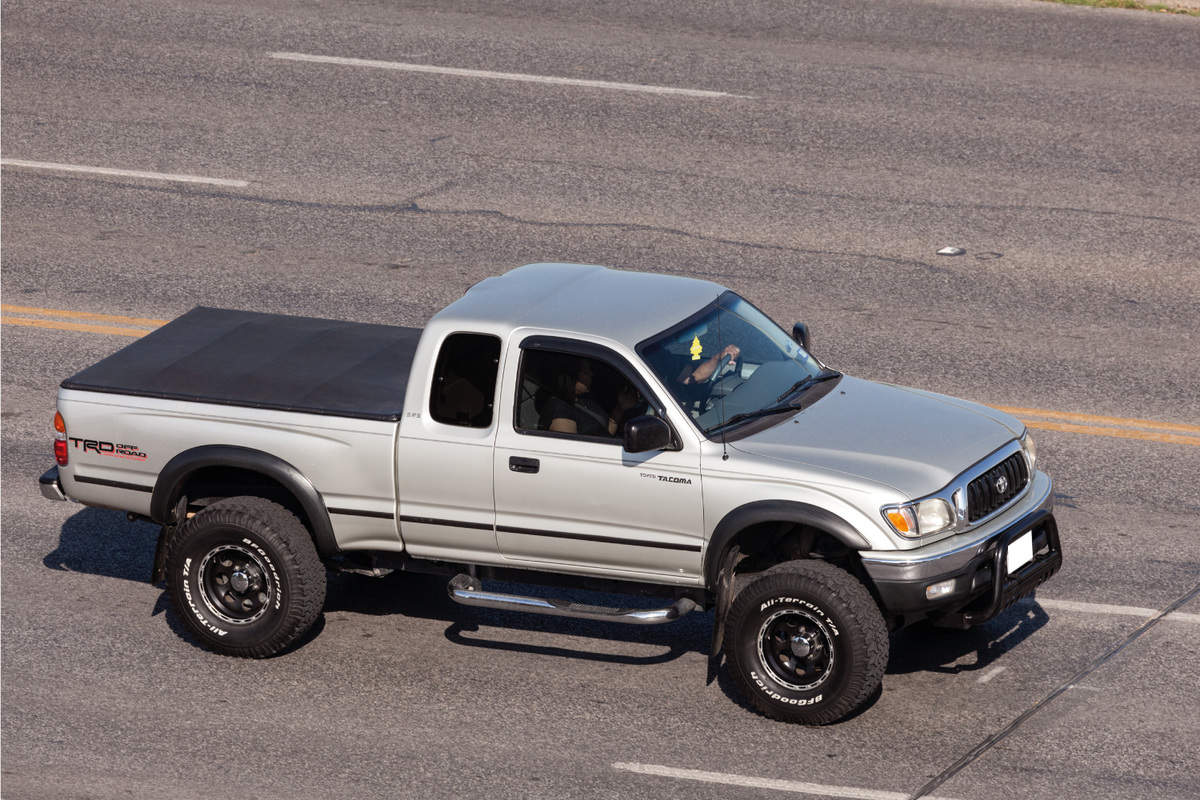
Heavy duty trucks
A heavy duty truck is built upon a much larger and sturdier frame and usually comes equipped with a V8 engine. They are larger than their light duty counterparts and have a significantly larger payload capacity. These are real "work trucks" for those who need to carry heavy cargo in the bed or haul heavy loads in tow behind a trailer. Today, popular heavy duty truck models include the Toyota Tundra, the Ford F-150, and the Chevy Silverado.
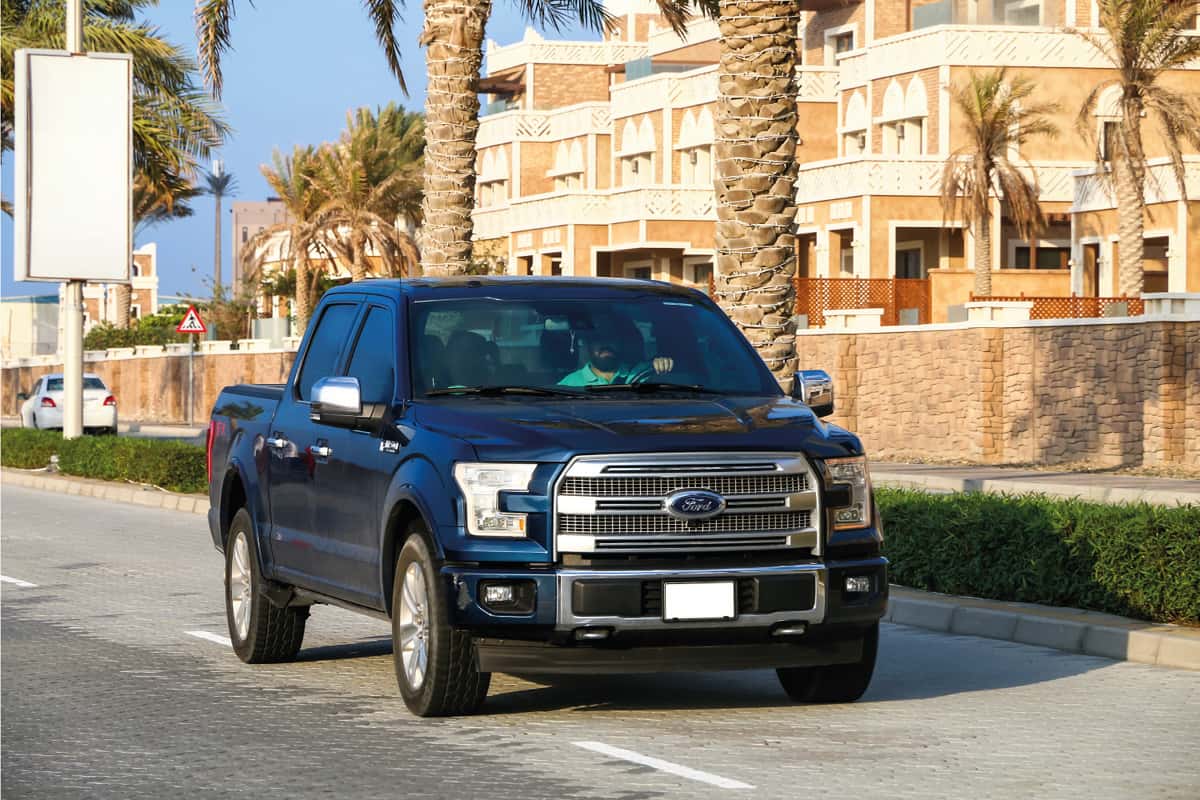

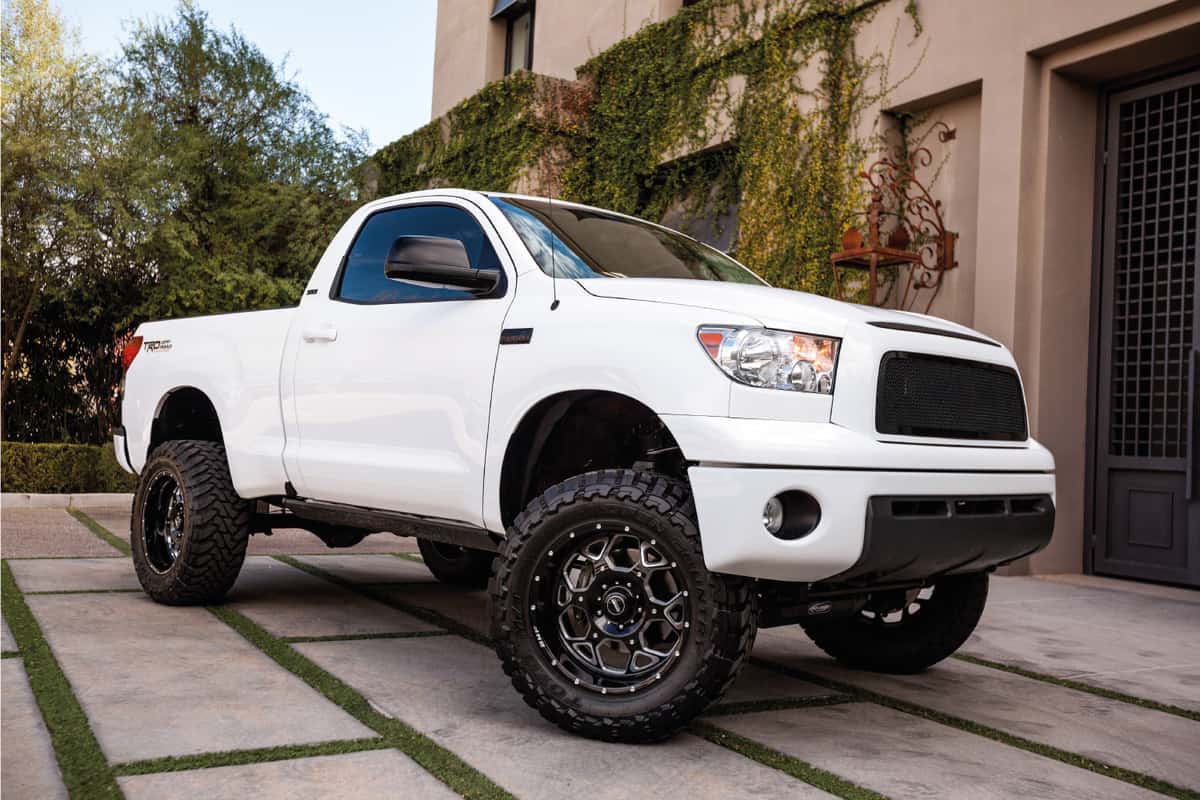
How wide is a pickup truck bed?
The width of the pickup truck bed will vary by model, but also by the length. Generally speaking, the longer the truck bed, the wider it will be. Pickup truck beds typically fall between 49" and 65."
How to measure your truck bed?
Measuring your pickup truck's bed is a quick and easy task, requiring only a measuring tape. Begin with the width. Place the tape on the inside wall of the truck's bed, and measure across, stopping at the inside of the opposite wall. For the length, begin by placing the start of the measuring tape at the bottom of the bed, against the front inside wall. Run the tape down the length of the bed, stopping at the inside wall of the truck gate.
Can you increase payload capacity?
While not generally recommended, it is possible to increase your pickup truck's payload capacity by a bit of weight. Doing so should involve a professional to ensure that it is done properly.
Upgrading your rear springs to ones that are more heavy duty is a start. Coupling this with the addition of coilover shock absorbers takes pressure off of the frame, reducing the risk of damaging it.
To see this brand of coilover shock absorbers on Amazon, click here.
Adding a longer bed will also help. Spreading the weight you are carrying in the bed out reduces the weight on certain parts of the frame and the shocks.
While these additional items won't yield a lot more payload, they will help some. The best way to carry more cargo, however, is to haul excess weight in a trailer. You can tow a lot more weight than you can carry since the additional load is weighing down a separate set of axles and tires.
What happens if I overload my pickup?
Not abiding by the manufacturer's maximum payload capacity can have very dire consequences. Some impact the life of the truck itself, while others affect the lives of those in the truck and the people the truck shares the road with.
Maximum payload takes into consideration the drive train power and the frame style of the truck. Engines and transmissions are only meant to have so much strain on them before you damage these vital components. Overloading your truck will make the engine work much harder than it's meant to, decreasing its useful life.
Likewise, the transmission is only engineered to carry a certain amount of weight. An overload will make your truck shift erratically because your transmission will have trouble finding the right gear.
The shocks, frame, axles, and tires will also suffer damage. Too much weight will destroy the shocks, but not before making your journey extremely bumpy. You'll feel every bump and pothole in the road even more so.
While sturdy, even your heavy duty frame has its limits. Overload it and you can cause it to bend. Usually before this happens, you'll damage your axels, possibly even snapping them.
Even new tires will suffer damage from an overloaded pickup truck. The extra weight can even cause them to explode.
Of course, the biggest danger of all is the one you pose to the people inside your truck and the others on the road with you. Overloaded trucks are harder to control, and often cause accidents.
It's important to know your pickup truck's limits prior to loading it up. For complete information about your truck's maximums, consult your owners manual.

Does payload affect towing capacity?
Your pickup truck's engine and transmission can only handle so much strain before they begin to suffer damage. For this reason, it's important to know both your truck's payload capacity and towing capacity.
The gross combined vehicle weight (GCVW) is the number to know here. This is the total combined weight of the truck, trailer, passengers, and all cargo on board the truck and the trailer. The less weight you carry onboard your truck, the more weight you can tow behind you in a trailer. For exact numbers for your make and model pickup truck, consult your owner's manual before you load anything into your truck's bed or an attached travel trailer.
Which pickup has the longest bed?
The 2015 Dodge Ram 1500 has the longest bed from the last several years. This model pickup truck boasts a bed length of 98.3"
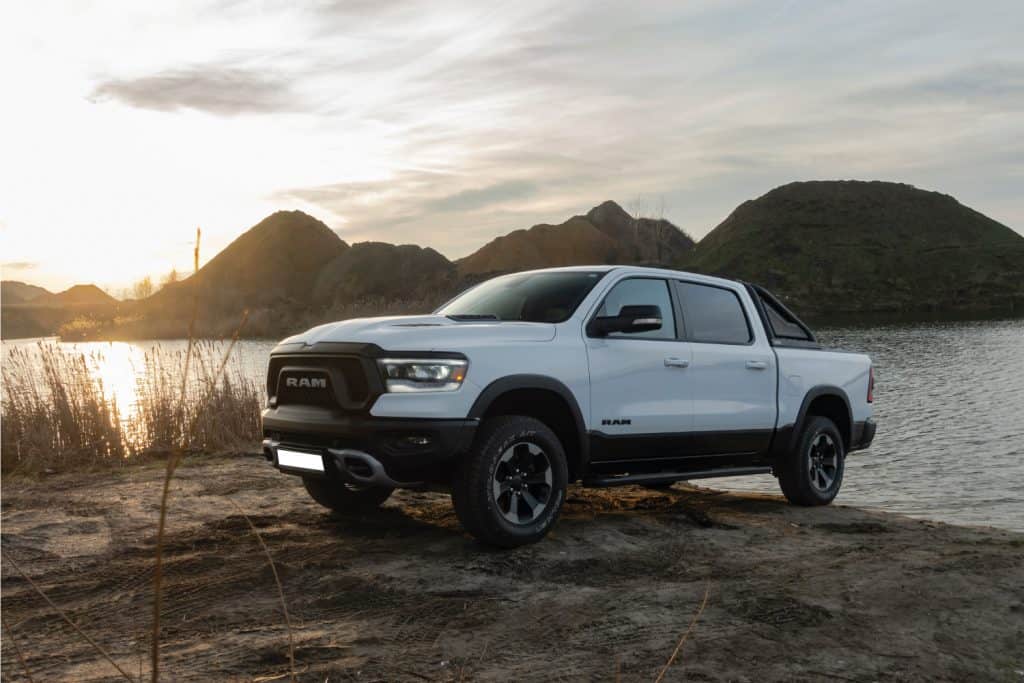
Other model pickup trucks with long beds are the GMC Sierra, the Nissan Titan, and the Chevy Colorado.
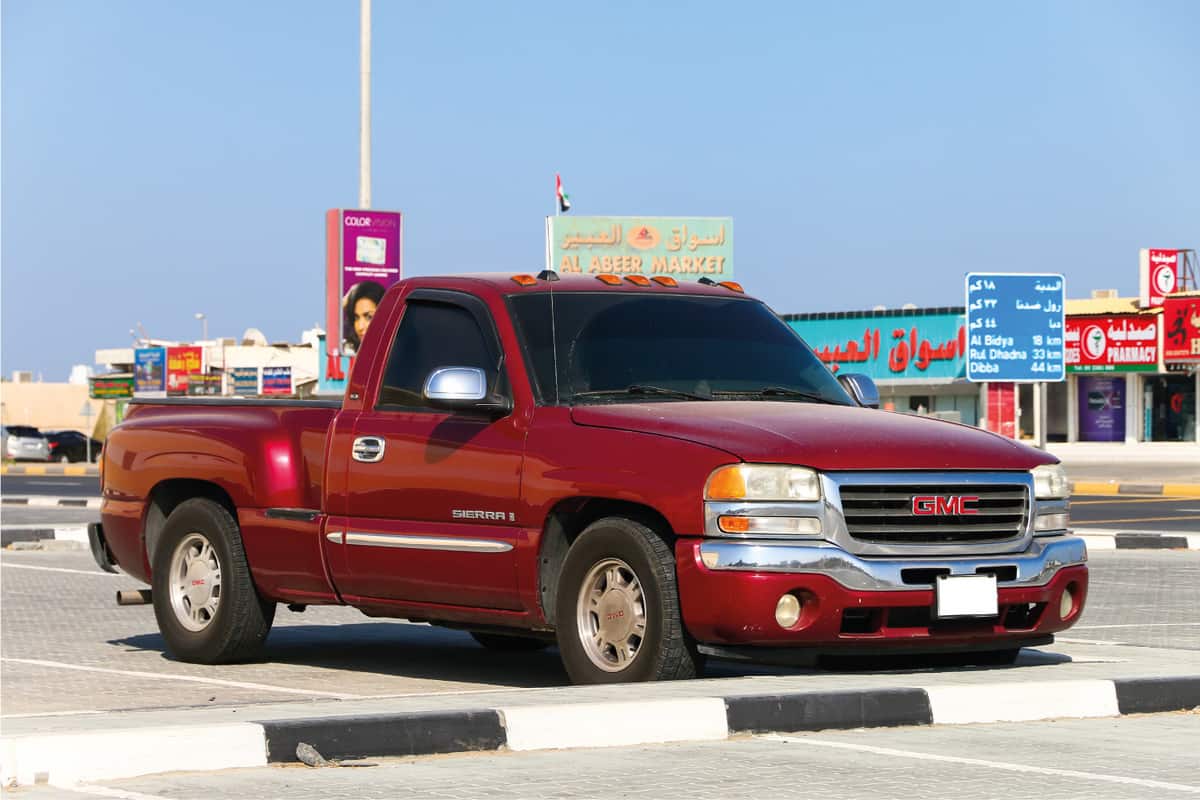
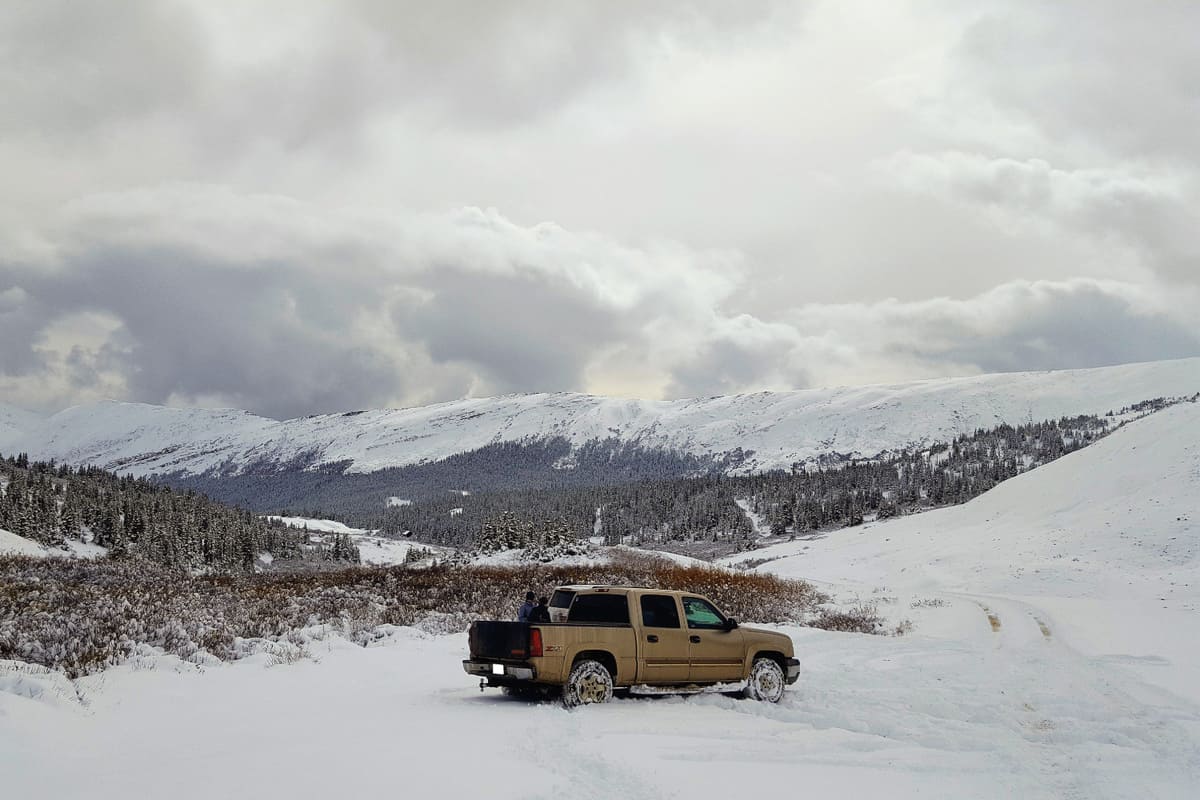
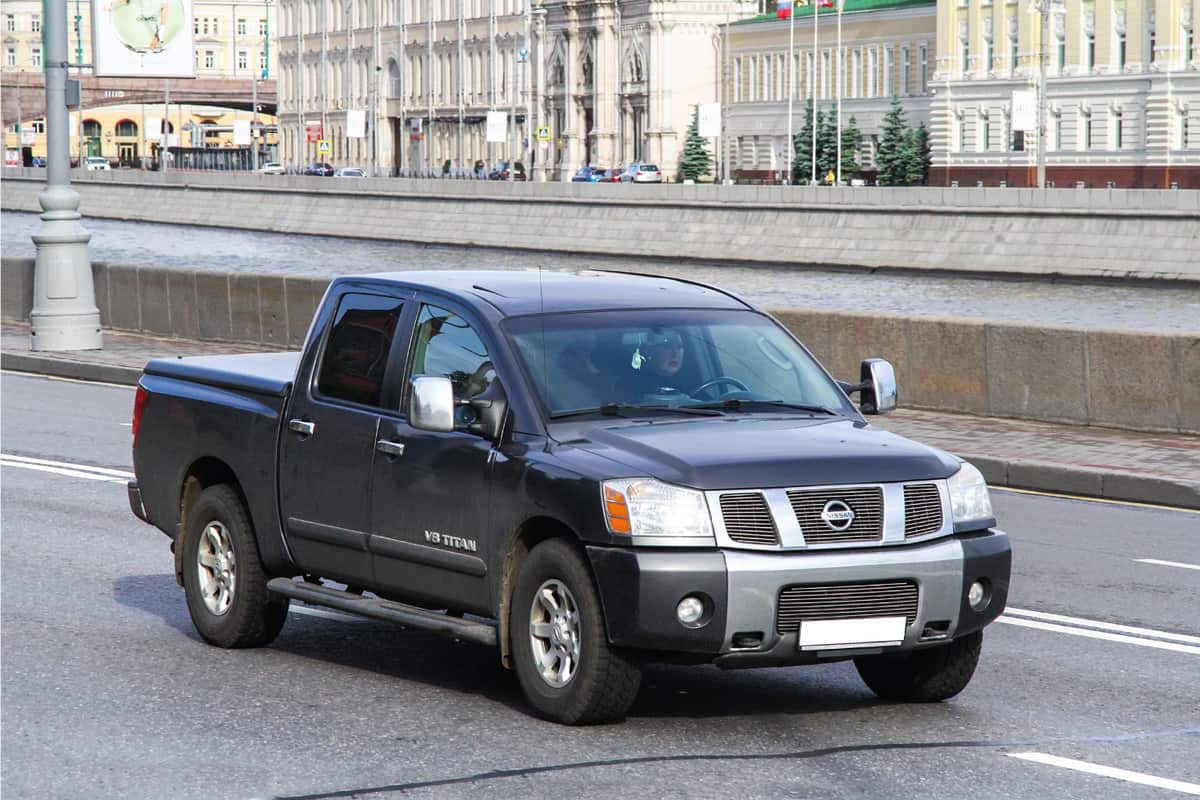
Which pickup has the shortest bed?
The Ford Explorer Short Trac had the smallest bed for a pickup truck, at just four feet in length. Currently, the Nissan Frontier has the shortest bed, coming in at just a bit under five feet long.
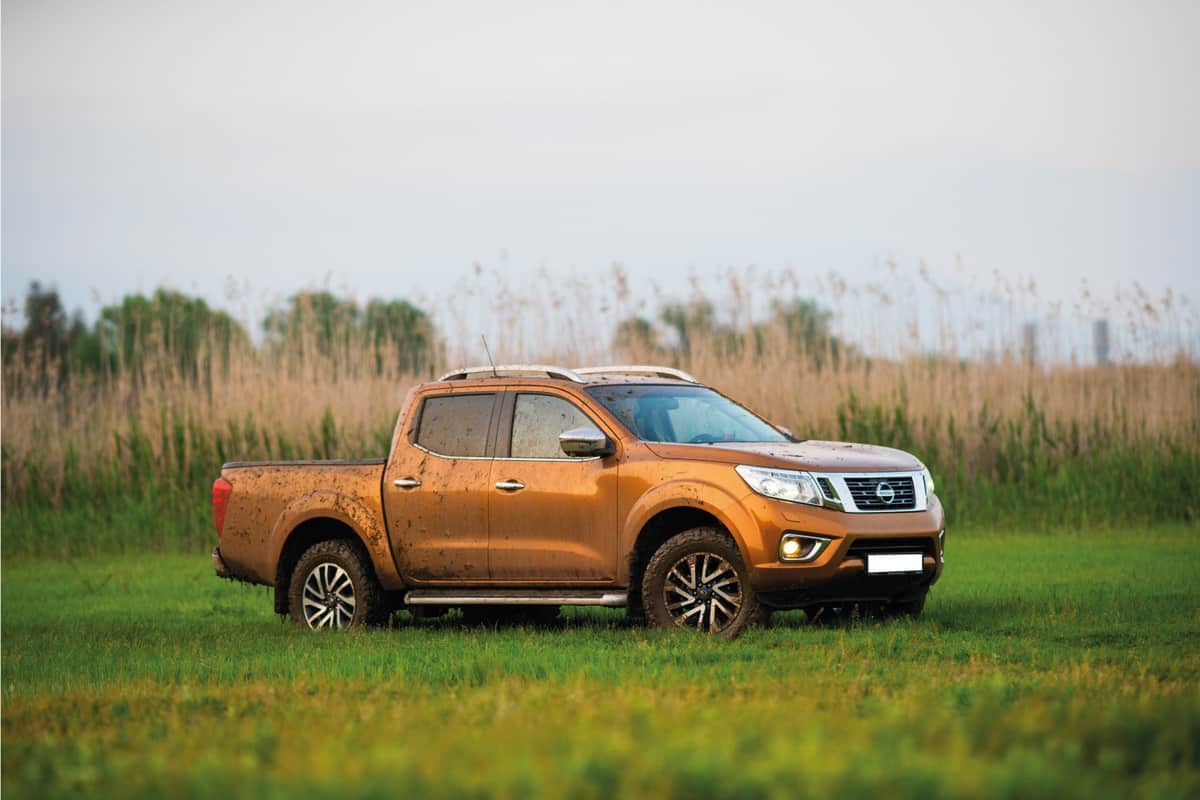
Other model pickup trucks with short beds are the Honda Ridgeline and the Jeep Gladiator.
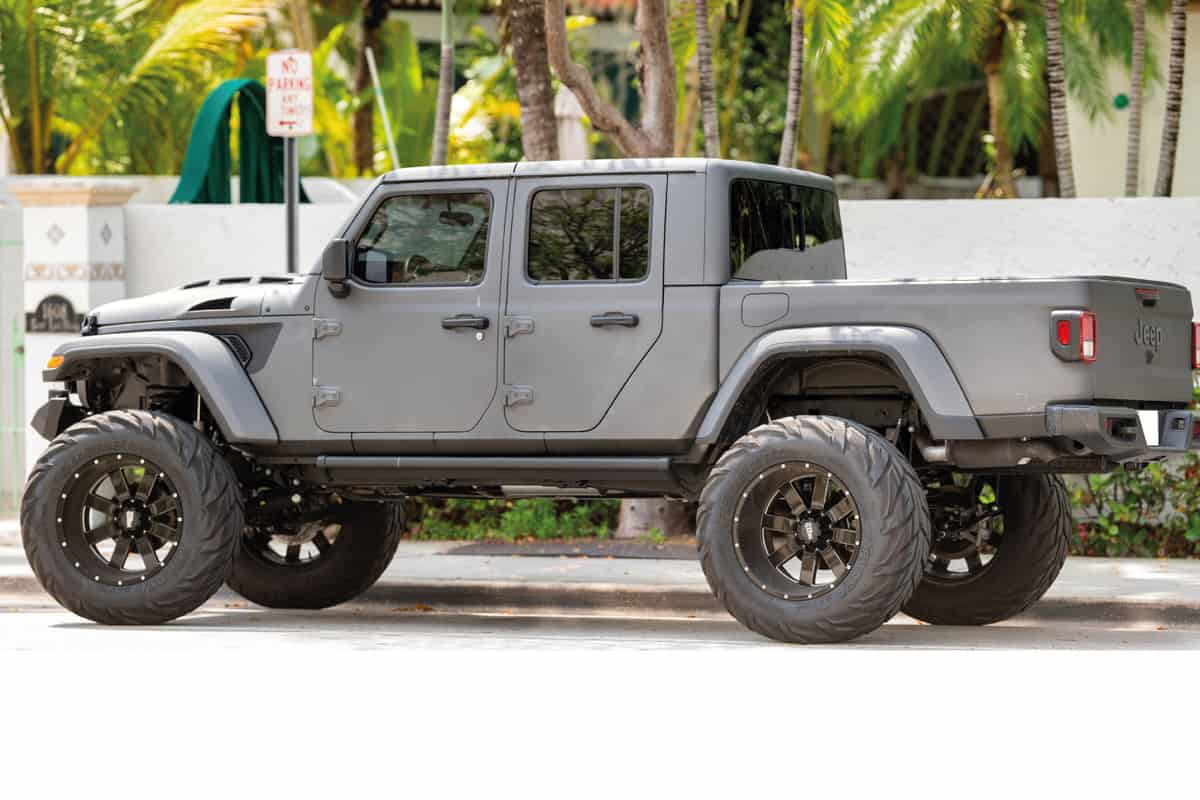
In Conclusion
Knowing how much you need to carry on board your truck will help you narrow down which pickup truck style to choose from. While there are various models on the market, the general rule is that bed lengths will dictate drastic changes in payload capacity. Knowing the payload capacity will help you from overloading your truck and doing costly damage to it. If you need to exceed your truck's payload capacity, there are a few tweaks and additions you can make to the truck to make it possible. Lastly, we learned of several different model pickup trucks available that are long bed and short bed.
If you enjoyed reading this post and would like to read more about various pick up trucks, you may find the following posts informative:
King Cab Pickup Trucks [6 Great Options!]
Are Pickup Trucks Good in Snow?
How Much Weight Can A Truck Carry [By Truck Type]
6 Pickup Storage Solutions For A Well-Organized Ride

